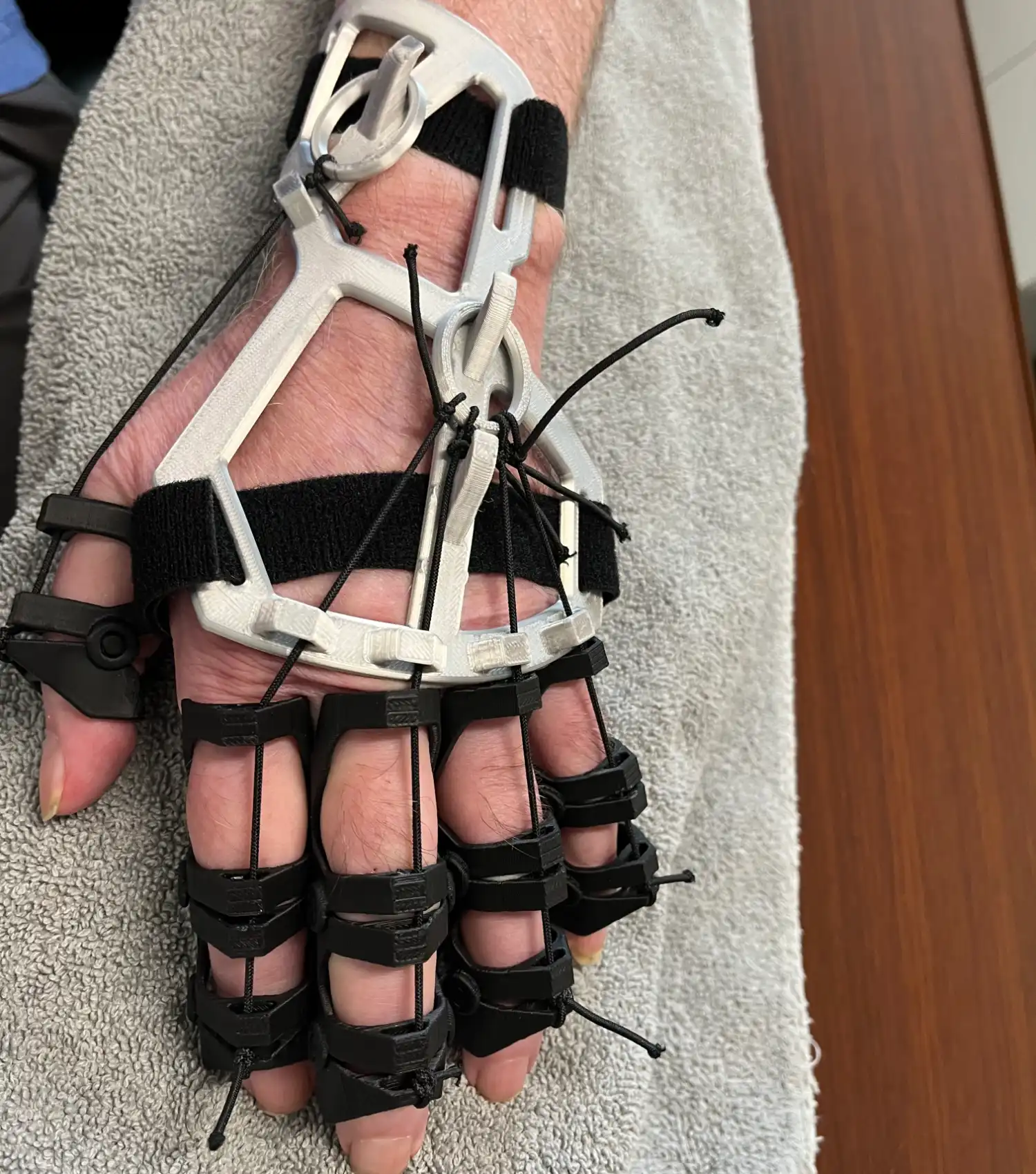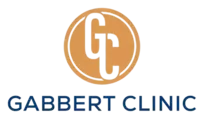Stroke

Understanding Stroke and Occupational Therapy’s Role in Recovery
A stroke, medically termed as a cerebrovascular accident, is a significant health issue impacting millions worldwide. It arises from either a blockage (ischemic stroke) or a rupture (hemorrhagic stroke) in the brain’s blood vessels, leading to an interruption in blood flow. This disruption can result in the death of brain cells, causing a range of symptoms, including paralysis, speech difficulties, and cognitive impairments. The risk factors for stroke include hypertension, diabetes, smoking, and genetic predisposition. The global prevalence of stroke underlines the need for effective treatment and rehabilitation strategies. Understanding stroke is the first step towards managing its effects and implementing effective care plans, such as those offered by occupational therapy, which play a vital role in supporting individuals in their recovery journey.
Enhancing Stroke Recovery through Occupational Therapy
Occupational therapy clinics offer tailored stroke rehabilitation plans, encompassing:
- Mobility Enhancement Exercises: These exercises aim to improve flexibility, alleviate muscle stiffness, and prevent muscle contraction. Both passive (therapist-assisted) and active (patient-led) exercises are integral to this process.
- Muscle Strength Building: Occupational therapists employ various tools, such as weights and resistance bands, to gradually increase muscle strength. This enhancement is crucial for daily tasks like walking and reaching.
- Balance and Coordination Training: Addressing balance and coordination issues, therapists guide patients through exercises to enhance overall function and reduce the risk of falls.
- Gait Rehabilitation: Essential in post-stroke recovery, gait training includes treadmill exercises and the use of mobility aids to regain walking capabilities.
- Functional Skills Training: Occupational therapists simulate real-life activities (e.g., dressing, cooking) in a controlled environment to help patients regain independence in daily tasks.
- Electrical Muscle Stimulation (EMS): EMS uses electrical currents to stimulate weak muscles, improving strength, blood circulation, and pain management.
Occupational Therapy: A Comprehensive Approach to Stroke Rehabilitation
Occupational therapy embodies a holistic approach to stroke rehabilitation, focusing not only on physical recovery but also addressing emotional, psychological, and cognitive aspects. This therapy is crucial in aiding individuals to regain skills that are essential for daily living and working. Occupational therapists assess each patient’s unique needs and challenges, setting realistic goals for recovery. They work on improving fine motor skills, which are often affected by a stroke, facilitating tasks like writing, buttoning shirts, or using utensils. Cognitive rehabilitation, another key aspect, includes memory exercises and strategies to enhance concentration and problem-solving skills. Occupational therapists also provide essential support in coping strategies, helping patients and their families adjust to new lifestyle changes and promoting a positive outlook toward recovery. This comprehensive approach ensures a more rounded and effective rehabilitation process, addressing the patient’s overall well-being.
Beyond Occupational Therapy in Stroke Recovery
While occupational therapy plays a central role in stroke recovery, it is often part of a larger multidisciplinary approach. This approach might include physical therapy for gross motor skill recovery, speech therapy for communication issues, and psychological counseling for emotional support. Neurologists and primary care physicians may also be involved in managing ongoing medical needs, such as medication for preventing further strokes or surgeries to address underlying issues. Nutritionists can provide dietary plans to improve overall health and reduce stroke risk factors. The collaboration of these diverse healthcare professionals ensures a comprehensive recovery plan, tailored to address all aspects of a patient’s post-stroke needs. By combining occupational therapy with other therapeutic modalities, patients can achieve the best possible outcomes in their journey towards regaining independence and improving their overall quality of life.
This integrated care approach is essential as it addresses various dimensions of stroke recovery. For instance, while occupational therapy helps in relearning daily tasks and improving hand-eye coordination, physical therapy might focus on restoring strength and balance, critical for mobility. Similarly, speech therapy plays a vital role in re-establishing communication abilities, essential for social interaction and mental health.
Additionally, psychological support is vital for addressing the mental and emotional challenges that often accompany a stroke. Dealing with changes in physical abilities, lifestyle, and even personal identity can be overwhelming for both patients and their families. Counseling and support groups provide a space for expressing feelings, sharing experiences, and learning coping strategies, which are crucial for emotional well-being during the recovery process.
Family involvement is another key aspect of comprehensive stroke recovery. Family members often take on caregiving roles, and their understanding of the rehabilitation process and how to support their loved ones is crucial. Therapists often include family members in therapy sessions, educating them on how to assist with exercises and daily activities, and providing guidance on creating a supportive home environment.
The goal of this multidisciplinary approach goes beyond mere physical recovery; it aims to empower stroke survivors to lead fulfilling lives post-recovery. By addressing the wide range of challenges posed by a stroke, this comprehensive care approach ensures a more effective and sustainable recovery, enabling individuals to navigate their daily lives with confidence and dignity.
Embarking on a Stroke Rehabilitation Journey with Occupational Therapy
Occupational therapy offers a variety of strategies and exercises to aid stroke survivors in regaining mobility, strength, and autonomy. If you or a loved one is recovering from a stroke, exploring the role of occupational therapy can be a significant step in the journey towards improved quality of life and restored independence. Contact us to schedule an appointment today.


